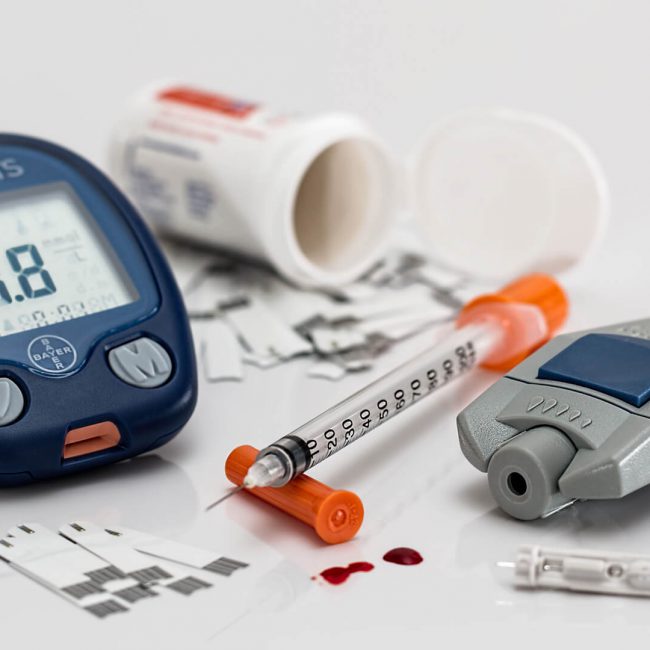Hepatitis A virus (HAV) is endemic throughout the world, occurring most commonly, however, in areas of poor hygiene and low socioeconomic conditions. The virus is transmitted primarily by the fecal-oral route, and it is spread by close person-to-person contact and by food- and water-borne epidemics.
A total antibody test detects both IgM and IgG antibodies but does not distinguish between them. If the total antibody test or hepatitis A IgG result is positive and someone has never been vaccinated against HAV, then the person has had past exposure to the virus.
A negative result indicates the absence of HAV-specific IgG antibody, implying no past exposure or immunity to HAV infection.
A positive result indicates the presence of HAV-specific IgG antibody from either vaccination or past exposure to hepatitis A virus.



